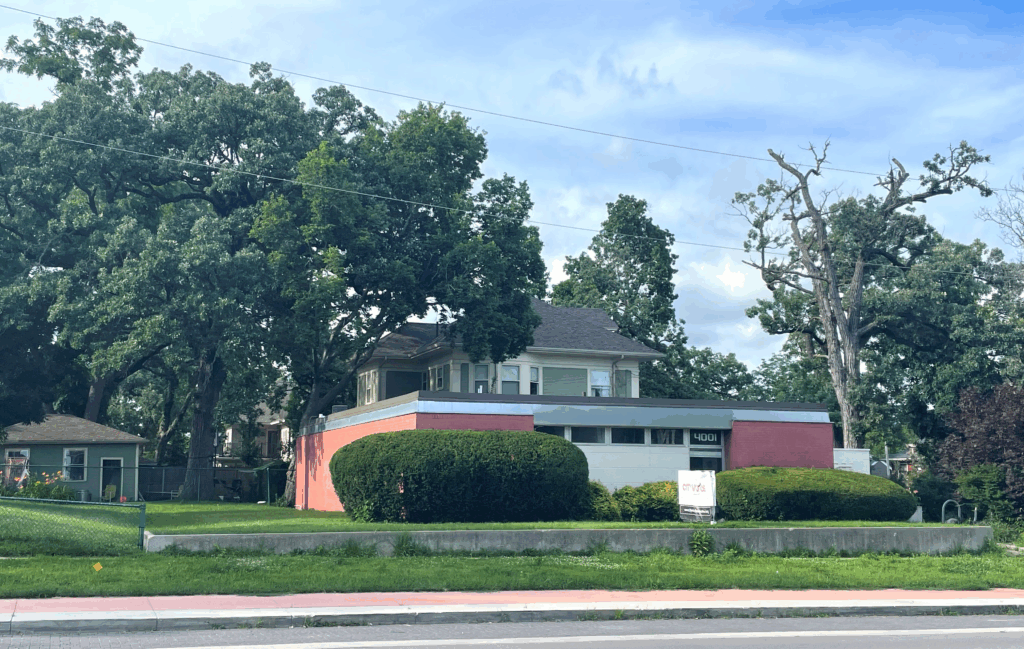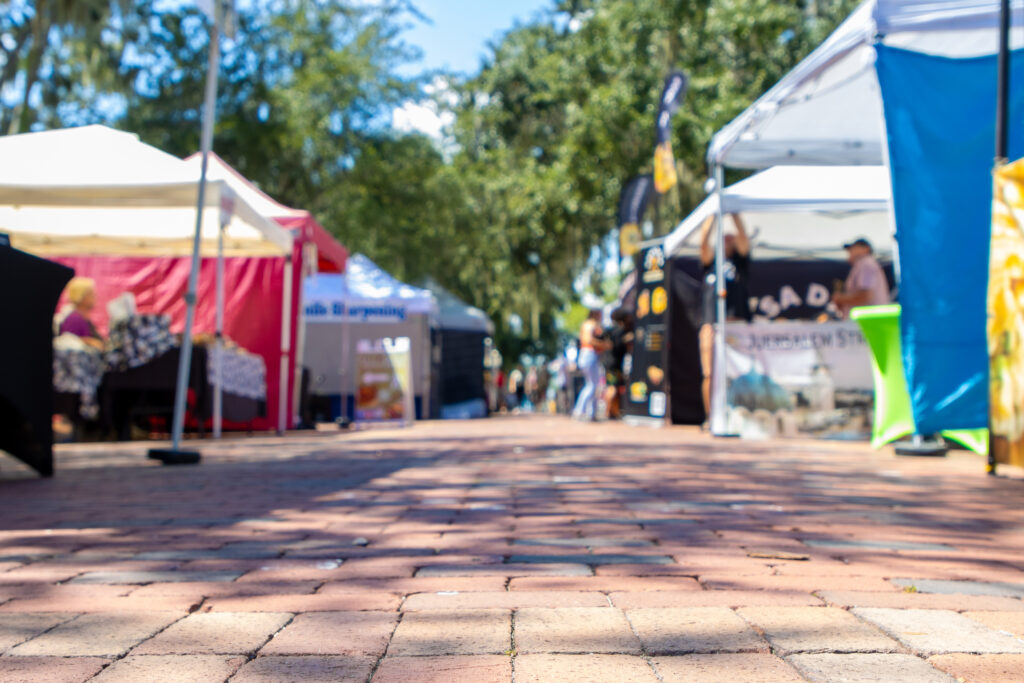The road to business ownership for Iowa’s immigrants
Take a look at three organizations serving the needs of a growing business community

KATE HAYDEN Dec 18, 2019 | 10:29 pm
8 min read time
1,792 wordsArts and Culture, Business Record Insider, Retail and Business
Thakur Neupane, owner of Kathmandu Restaurant.
Thakur Neupane knows what it’s like to put in effort for a new business. After opening Kathmandu Restaurant’s first location on Southeast 14th Street in 2016, he says he would spend more than 20 hours a day working — leaving at 1 a.m. to return at 6 a.m. — as his family learned to transition from day-to-day business survival to future-focused management.
“Restaurant business is tough. You cannot get enough help,” Neupane said recently, sitting in his new restaurant’s dining room.
Neupane, who opened one of the first Nepali restaurants in the state, has already celebrated his second location’s grand opening in Windsor Heights at 7229 Apple Valley Drive. It is a long way from his first job at 6 years old, when he worked in a food service truck in the refugee camp his family lived in for 18 years before the chance to resettle in the U.S. came about. After a few years strengthening his English and taking auto mechanic training courses between jobs, Neupane took a chance to bring Nepal’s culinary traditions to Iowa.
By 2012, the U.S. Small Business Administration reported that 10.5% of the immigrant workforce in the U.S. owned their own business, compared with 9.3% of the U.S.-born workforce. The American Immigration Council reports that the 4,435 immigrant business owners in 2015 accounted for 2.5% of Iowa’s self-employed residents, generating about $54.6 million in business income.
While this isn’t an exhaustive listing of services in the Greater Des Moines metro, these three services — Lutheran Services in Iowa, the Immigrant Entrepreneur Summit and the Greater Des Moines Partnership — play unique roles supporting the livelihoods of immigrants looking to lay roots to a business of their own.
Lutheran Services in Iowa
Inside Lutheran Services in Iowa’s Refugee and Immigrant Services building on University Avenue, flyers on the walls advertise the Global Greens Community Supported Agriculture subscription and farmers market, which takes place in LSI’s parking lot during the warmer months.
LSI started working with budding entrepreneurs where the demand was — in farming. The organization launched Global Greens in 2010 to aid immigrants in finding local garden plots to plant, learn about the regional market demands, and slowly begin scaling up harvests.
“People came and said, ‘We were farmers in our home country and we’d like to be able to farm again in our new community,” said Nick Wuertz, director of refugee and immigrant services at LSI. “People … know how to farm, but we’re working with them on adapting those skills to a new soil, new climate and all those markets.”
About 250 families each year participate in the program, and remain for up to four years, Wuertz said. Participants spend their first year in partnering community gardens, then go through an interview process to be connected with more land opportunities.
Through training land secured by LSI, farmers have up to a quarter acre to establish their local business and then graduate off the property after they secure their own location. Four farmers have successfully transitioned off land supported by LSI, Wuertz said. LSI is looking for a larger amount of land the organization can lease long-term to graduated farmers who need some guarantee of tenure to build their own business.
“They’re gradually taking on the costs of operating their businesses, learning about different markets,” he said. “We have a program booth down at the [downtown] farmers market, and they have an opportunity to try that out and see if it’s a market they like.”
LSI also developed supportive programming for individuals entering child care or seeking a financial savings program. The Child Care Business Development initiative, launched in 2012, was intended to serve families seeking culturally supportive child care opportunities, but an additional benefit is training more community members to build their own businesses to meet community needs.
LSI works with Iowa Childcare Resources to help immigrants become licensed child care providers; at least 90 individuals have successfully opened a home business through the program, Wuertz said. Landlords have to provide approval for in-home child care, and LSI will help individuals secure and pass a state Department of Human Services inspection for the site.
“Part of that grew out of a need within the different communities for child care as people were looking to go to work, or go to school when they got here,” Wuertz said. “It was really challenging for people to find providers who spoke their language, understood their culture, the dietary needs of their kids.”
The Individual Development Accounts program offers recently arrived immigrants financial literacy education and planning services with a guaranteed dollar-to-dollar matching program for up to $4,000. The program tailors training to a family’s goals, such as buying a car, homeownership, continuing education or business ownership.
LSI has worked with immigrants needing translation or English language classes who speak Nepali, Swahili, Kirundi, Karen, Karenni, Arabic, Somali, Kunama and Tigrinya. In 2018 the organization worked with 1,200 individuals.
“Most of our experience and expertise has been focused on farming and child care, so we’re looking at how we strengthen the general business opportunities for people within the community,” Wuertz said.
“It’s grown out of people’s desire — what is it that they want to do,” he added. “It’s supporting and encouraging people with their own goals, their dreams of what they’d like to start.”
Immigrant Entrepreneurship Summit
On Nov. 23, entrepreneurs across the U.S. converged at the FFA Enrichment Center in Ankeny for a conference designed just for their needs.
Ying Sa co-founded and now chairs the Immigrant Entrepreneurs Summit to target small business owners. The concept grew out of the need organizers witnessed through the Community Tax Clinic, which Sa co-founded in 2008 to help minority and immigrant business owners navigate tax regulations.
The event name soon limited the organization’s mission, though, and organizers launched IES to cater to first- or second-generation immigrants seeking deeper understanding of business ownership in the U.S. Sa is now the chair of the organization, which has expanded to two other cities — Moline, Ill., in 2018 and Minneapolis this past May.
“The vibes in the event, the knowledge, the sharing spirit — there is no comparison to any other place they go,” she said. “We’re not talking about building millionaires … IES is building a path for everyone to come out of poverty. That is a guarantee.”
Sa herself is an experienced businesswoman: She is the founder, CEO and principal certified public accountant at Community CPA & Associates, which has three locations and multilingual staff members fluent in Spanish, Mandarin, Vietnamese and other languages. Born in China, Sa immigrated to Canada as a child and settled in the U.S. later on in 1996, founding Community CPA & Associates in 2005.
IES had participants from around 35 separate countries of origin in 2018, and offered 26 seminar classes in topics such as marketing, accounting and finance to connect business owners with experts in those fields. The summit also holds the annual Underwriting Exposed Competition, awarding $5,000 to four contestants each year.
Year-round, IES holds multiple regional summits across Iowa to expand access to entrepreneurs.
“People without a business upbringing are also coming to our IES event. They need to know the regulations, the rules, the basics like new immigrants,” Sa said. “We want those people to communicate with each other. We want them to see the crowd and know they’re not alone.”
Greater Des Moines Partnership
When an immigrant turns to Lutheran Services in Iowa, contacts the Iowa Center for Economic Success or meets with representatives at the Greater Des Moines Partnership for help launching a business, chances are they will be connected with Christina Moffatt for guidance on local regulations and creating a business plan.
Once they launch the business, it’s Moffatt’s job to help them keep going.
“They might enter through another resource in town, but we’re the back support to actually see their project through,” said Moffatt, director of small business resources at the Greater Des Moines Partnership. “A lot of that particularly happens with me one-on-one counseling them on what needs to come next, because a lot of these businesses are so unique.”
Most of the entrepreneurs are interested in launching what Moffatt considers ‘Main Street’ businesses: restaurants, grocery stores or boutiques that are consumer-focused.
“They’re probably a lot more experienced [entrepreneurs] than we are here, because a lot of times that’s what they’ve done” before, Moffatt said.
Once Moffatt initially connects with an individual, she spends an hour getting to know who they are and the business they want to have. That meeting establishes whether the founder needs assistance developing a business plan, doing local market testing or identifying any financial or personal barriers that may hurt business development. Moffatt then refers them to other services they may need, such as the Iowa Center for Economic Success’ free tax service.
“Most people are going to think [the biggest barrier] is language. It’s not,” Moffatt said. “It’s the translation of our laws here. We have city laws, we have county, we have state and we have federal [laws]. Making sure that they understand those — those can shut anybody down very quickly.”
Still, “I wish we had more translation services,” she added. “It’s so hard to know who needs [information] translated into what. That’s our next project: Do we do it directly, do we work with somebody like LSI that can use our information but translate it for us? We’re all starting to have those discussions.”
New chapters for first-time restaurateur
Kathmandu Restaurant, a Nepali-Indian restaurant with 12 full-time and part-time staff members, recently celebrated the opening of a second location in Windsor Heights. But it was a long road for owner Thakur Neupane, who operates with the devoted assistance of his family.
He was born in Bhutan, a small country between Tibet and India, but left at 9 months old with family during civil conflict, and would spend the next 18 years in a refugee camp.
Through the International Organization for Migration, his family connected with Lutheran Services in Iowa, which was resettling its last migration families in January 2010 before closing that chapter of services and refocusing on meeting needs of arrived families; Neupane’s family was one of those final families LSI resettled from abroad.
He launched Kathmandu Restaurant in 2016, with guidance from the U.S. Small Business Administration; by the time he was ready to open a second location in Windsor Heights in early October, Neupane felt much more confident launching.
“My customers, they’re really happy about our business. They love us so much — they’re my good friends,” he said. “A lot of my customers are also businesses, and they support me. They give me feedback.”








